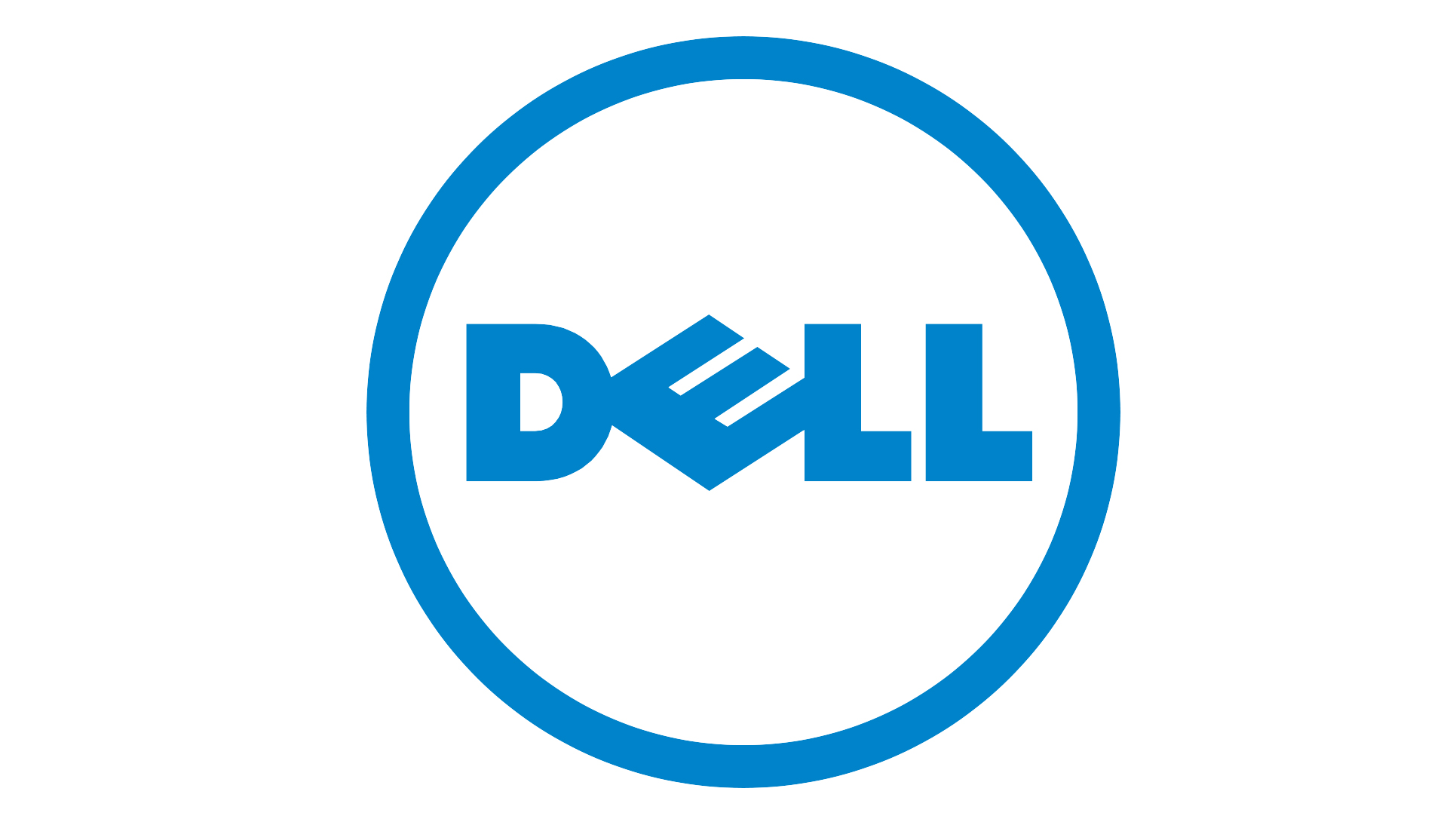The 4 Major Players in Distributed File Systems and Object Storage, 2020

 These providers have recently been named major players in distributed file systems and object storage by analyst house Gartner, Inc.
These providers have recently been named major players in distributed file systems and object storage by analyst house Gartner, Inc.
With unstructured data growth increasing between 30 and 60 percent year over year, enterprises are increasingly seeking flexible on-prem storage products. As a result, the vendors in the distributed file systems and object storage space have begun to invest in scalable storage clustered file systems that focus on cost, speed, and limitations in scalability. As a strategic planning assumption, Gartner projects that enterprises will triple the amount of unstructured data they have stored in the next four years.
The following providers have recently been named leaders in the Gartner Magic Quadrant for Distributed File Systems and Object Storage. The report, which highlights and scores the top products in the industry, features these four tools as being cornerstones in the space. Each provider’s market share and product portfolios differ, which is what makes them interesting to the wider audience of data consumers. Niche and emerging vendors can only hope to replicate the kind of market presence that these providers have earned over a sustained period of time. Here we provide a brief blurb about each and links to product details so you can learn more.
Note: providers are listed in alphabetical order.
Dell Technologies enables digital transformation through hybrid cloud and big data solutions built on a data center infrastructure that brings together converged infrastructure, servers, storage, and cybersecurity technologies. The vendor offers DataIQ, which delivers insights into data usage for data stored on the PowerScale and ECS solutions and third-party storage and cloud, enabling users to move data on demand. Users can support virtualized applications, deploy unified storage, and address Remote-Office-Branch-Office requirements. The platform’s Unisphere management GUI also allows users to easily configure and manage storage.
IBM offers a wide range of technology and consulting services, including predictive analytics and software development. The provider offers a range of storage options, including flash storage, Software-Defined Storage (SDS), data protection software, hybrid storage arrays, Storage Area Networks (SAN), and tape storage. Through these products, IBM’s solutions support hybrid cloud storage, converged infrastructure, and virtual infrastructure. The IBM platforms provide storage for blockchain, artificial intelligence, private cloud, and SAP.
Qumulo is an enterprise data storage startup whose solutions are available on Qumulo storage servers, on hardware from companies such as Dell and HPE, and natively on AWS in the public cloud. The provider was formed by professionals from Isilon Systems, Adobe, and Wily Technology. The vendor offers Qumulo File Fabric (QF2), a scale-out NAS tool that runs on-prem and in the public cloud, as well as preintegrated Qumulo Core appliances. Qumulo’s software is available on the AWS Marketplace, third-party hardware, and standard hardware that the company sells direct to consumers.
Scality is a venture-backed software provider that delivers large-scale storage management and infrastructure solutions. The vendor’s flagship solution is called RING, and makes x86 servers scale to hundreds of petabytes and billions of objects. RING has an end-to-end parallel architecture and a patented object storage core that increases availability and durability. The platform integrates with applications through standard storage protocols such as NFS, S3, OpenStack Swift, and Cinder. Scality offers its services to telecommunications and media companies throughout the United States, Europe, and Japan.
- The 9 Best Cloud Storage Courses on Udemy to Consider for 2025 - January 1, 2025
- The 6 Best Cloud Storage Courses on LinkedIn Learning to Take in 2025 - January 1, 2025
- The Best Data Storage Courses on Udemy to Consider Taking - January 1, 2025


























